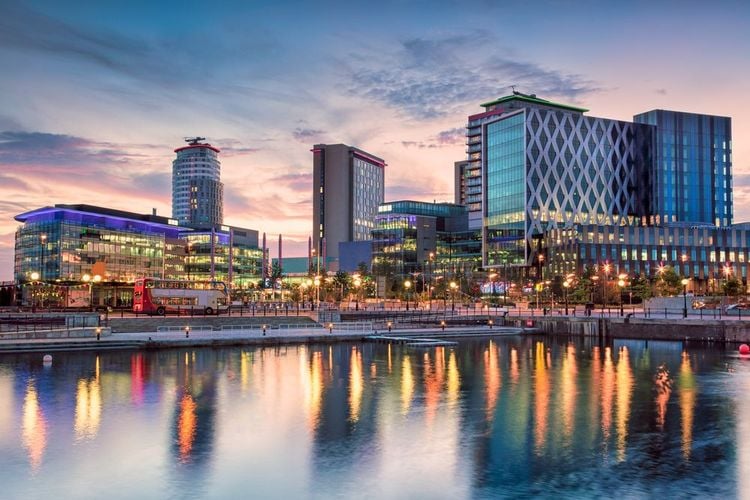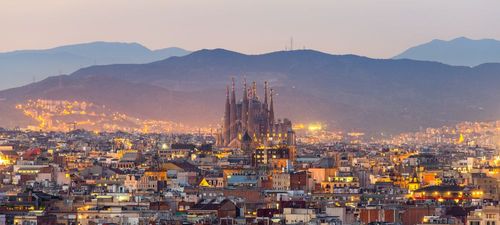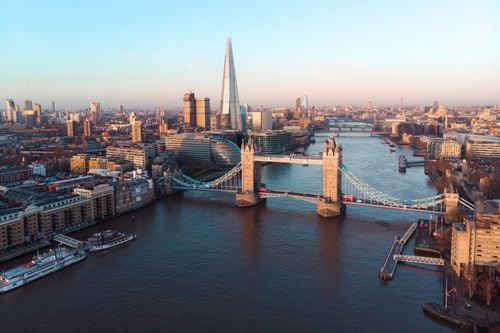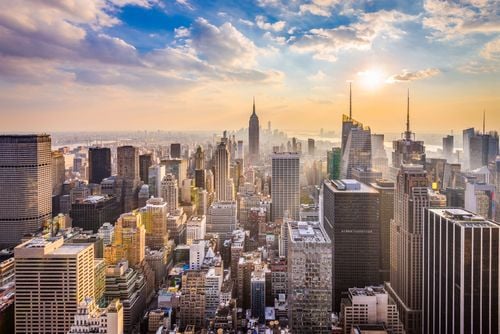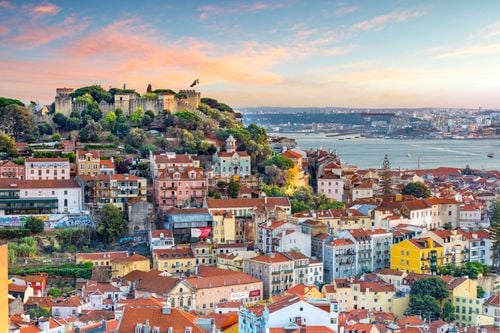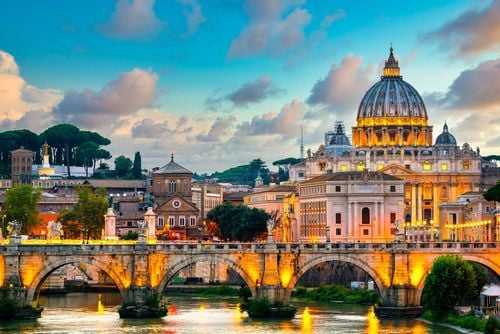The UNESCO City of Literature programme was launched in 2004 as part of the organisation’s wider Creative Cities Network, Edinburgh being designated as its inaugural member for the wealth of great writers who have emerged from its affable streets. Subsequent inductees ranged from Melbourne to Reykjavik to Baghdad to Bucheon, with Manchester finally joining their ranks in 2017 to become the 26th city on the prestigious scheme. This made Manchester the UK’s monumental fourth designee (preceded, of course, by Edinburgh in 2004, then Norwich in 2012, Nottingham in 2015, and since followed by Exeter in 2019), reaffirming the island nation’s place as that with the highest number of UNESCO Cities of Literature. In fact, the UK remains by far the most recognised country in the programme, with its closest rivals - Iraq (Baghdad, Slemani), the Netherlands (Utrecht, Leeuwarden), Poland (Krakow, Wroclaw), Spain (Barcelona, Granada), South Korea (Bucheon, Wonju), and the United States (Iowa City, Seattle) - all boasting just two designees each, less than half the UK’s total of five (out of 42 overall cities). Manchester’s literary history therefore belongs to both a rich national heritage - for example Salford-born poet John Cooper Clarke’s formative role in the British punk and post-punk scenes in the ‘70s and ‘80s (his seminal poem ‘I Wanna Be Yours’ was even turned into a saudade Arctic Monkeys track) and Manchester-based poet Carol Anne Duffy’s appointment as the nation’s Poet Laureate by Queen Elizabeth I in 2009 - and a transnational literary matrix - Marx and Engels carefully studied the conditions of the Mancunian working class while living in the city and wrote sections of The Communist Manifesto __here, while hometown hero **Anthony Burgess’ A Clockwork Orange** __was (in)famously transformed into a cinematic blockbuster by maverick director **Stanley Kubrick**. Today, the city, with its **singular charm** and two of the nation’s most prestigious writing schools (**Manchester Writing School** and the **Centre for New Writing**) continues to be a **fertile spring of new Anglophone writing**: Jenn Ashworth, Lara Williams, Danielle Jawando, and Lemn Sissay are among just a handful of the **award-winning contemporary novelists and playwrights** who today call Manchester home.
From Marx to Gaskell to John Cooper Clarke, Manchester is a city with a truly unrivalled history, radical literature and politics. It is (at least partially) for this that it was awarded UNESCO City of Literature status in 2017, one of just 42 cities in the world to be awarded the title, cementing the regional, national, and transnational centrality of Manchester in the ongoing growth and development of Anglophone and, more recently, World literature throughout the ages. However, the lifeblood of this electric literary culture has always been the constellation of libraries that line the city’s gothic streets, fostering a scholastic tradition that dates to at least the Tudor era, even if the Mancunian literary renaissance only truly arrived with the onset of the Industrial Revolution and the emergent radicalism of Engels, Gaskell, and Pankhurst. Today one of the most vibrant student cities in Europe, Manchester’s literary star has thus never dimmed and it remains a city whose streets beg to be read like winding words on a fine poem’s page, each secluding unspoken stories behind its red brick buildings and mordant, strangely inviting shadows. Many may come to Manchester to indulge their inner libertine but, if you come to Manchester, never forget to indulge the words that made this once humble city stand.
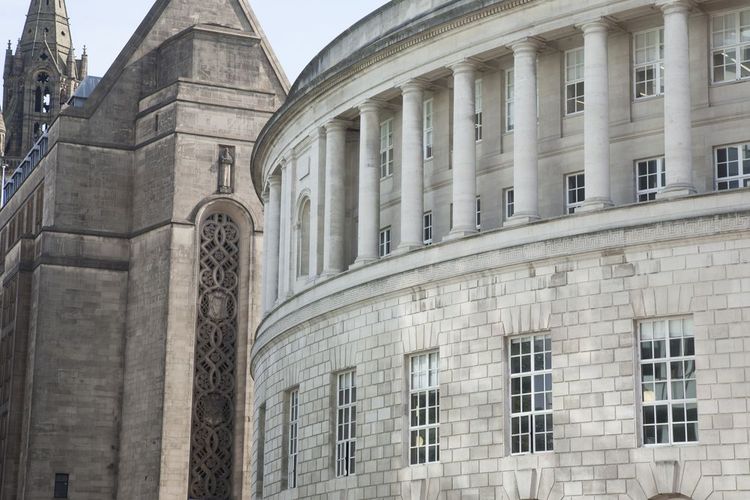
Central Library and Town Hall, Manchester.
- © Kevin George / ShutterstockManchester: a UNESCO City of Literature
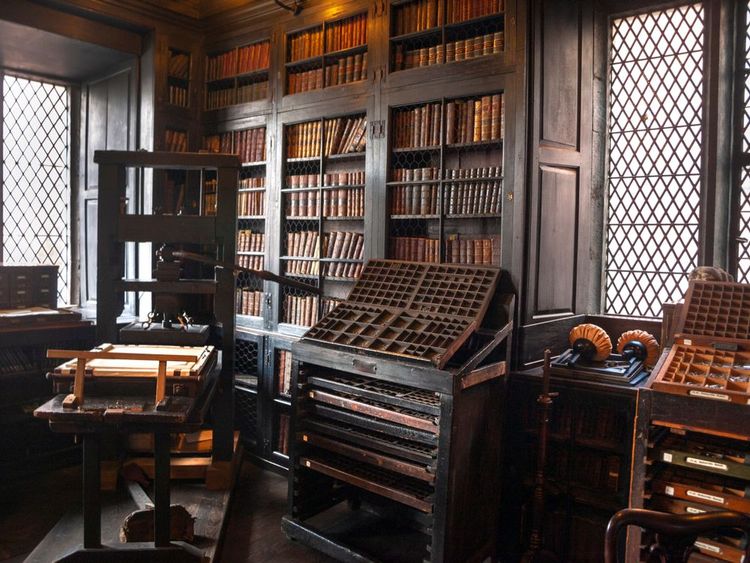
Chetham’s Library in Manchester, where Karl Marx wrote portions of the Communist Manifesto.
- © Garry Basnett / ShutterstockManchester’s Libraries: the Pride of the City
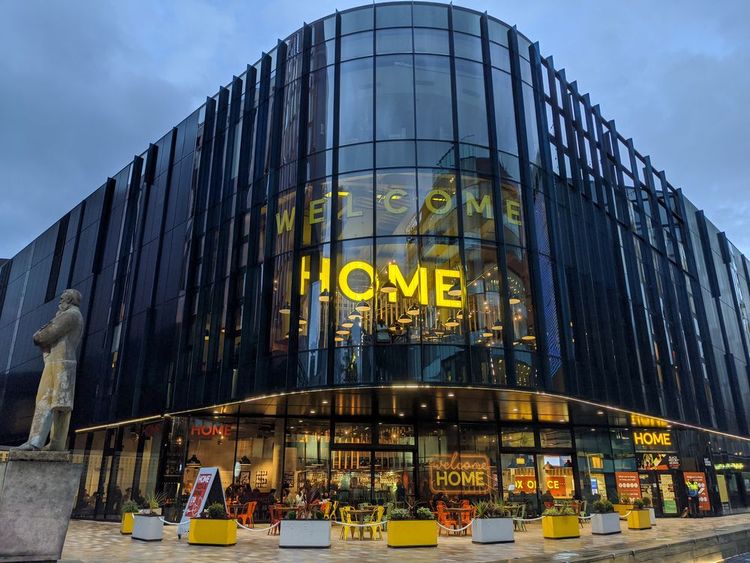
HOME, a contemporary arts centre in Manchester.
- © John B Hewitt / ShutterstockCentral to Manchester’s successful bid to become a UNESCO City of Literature was the cornucopic offering of word-class libraries to which it is home, from the bewitchingly medieval to the dazzlingly contemporary. Chetham’s Library ****is the cornerstone of this cult, founded in 1653 per the final testament of philanthropist Sir Humphrey Chetham since, at the time, there were no institutions for independent academic study in the north of England. In operation ever since, the library’s collection today consists of over 100,000 printed volumes (60,000 of which were published before 1851) and 1,000 handwritten manuscripts, including 41 medieval texts. Housed in a gorgeous 15th-century sandstone manor, it is the oldest free public library in the English-speaking world and was notably used by Karl Marx and Friedrich Engels while the duo lived in Manchester to write sections of the Communist Manifesto. In keeping with Sir Humphrey Chetham’s will, the library remains freely open for public use, while guided tours can be booked for those wanting to learn more about the library’s fascinating history.

The historic hallways of Chetham’s Library, Manchester’s oldest library.
- © Kelly Whittlesey / ShutterstockThe John Rylands Library, meanwhile, is perhaps the city’s most famous, founded in 1900 by Enriqueta Augustina Rylands in honour of her deceased husband and famed industrialist John Rylands. It is located on Deansgate and is housed in a cathedral-esque neo-Gothic building that dominates the local skyline, making it one of the most iconic structures in the city. Its collections are some of the most extensive in the country, containing over 250,000 printed volumes and one million manuscripts and archival items. Among its most venerated and important relics are the ‘St. John Fragment’, the oldest surviving canonical New Testament text; a fine paper copy of the Gutenberg Bible, which was the first mass-produced book in the Western world; a 1476 William Caxton edition of the Canterbury Tales; the personal papers of distinguished historical figures such as Elizabeth Gaskell and John Dalton; and the first edition of James Joyces’ modernist classic Ulysses. John Rylands Library is open to the public and hosts regular events and exhibitions. Visit their website to check out what’s on.
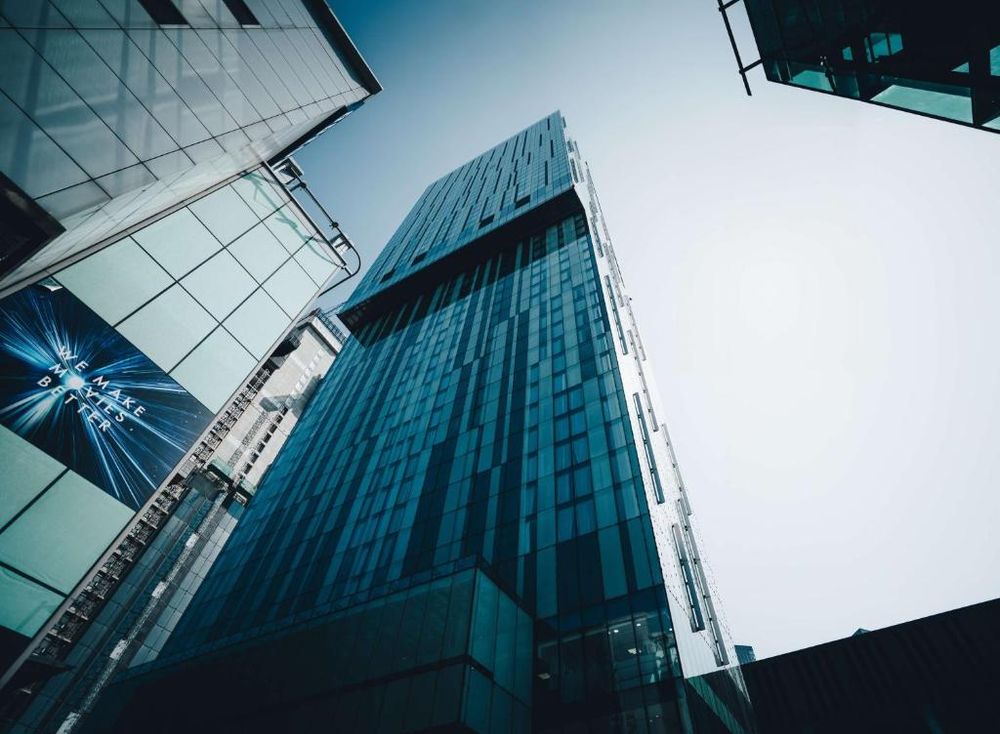 Manchester
Manchester
Hilton Manchester Deansgate
A fabulous hotel located in Manchester's famous Beetham Tower.Among the city’s other historic libraries are the iconic Central Library, a classically-inspired rotunda building on St. Peter’s Square, and The Portico, a former meeting spot for Victorian and Georgian high society that boasts decadent interiors and a 25,000-book archive. Meanwhile, Elizabeth Gaskell’s House and the International Anthony Burgess Foundation pay homage to their namesake writers and also host regular events, while on 62 Nelson Street you will find the Pankhurst Centre, where Emmeline Pankhurst founded the Women’s Social and Political Union in October 1903 to kick off the suffragette’s movement, contested through pamphlets as much as it was through direct political action.
And, if you want to visit some of the city’s more contemporary learning centres, we recommend HOME, a multimedia arts space that celebrates the best of both Anglophone and foreign language theatre, cinema, and performance; the Jorge Edwards Library at the Instituto Cervantes, which contains 25,000 volumes of Spanish-language writing, films, and learning resources; Deansgate Waterstones, the largest bookshop in the North of England with over 80,000 titles in stock; and Queer Lit, a small, independent bookshop in the Northern Quarter that specialises in queer literature and thought.
Editor's Tip
If you want to immerse yourself a bit more in the best of Mancunian, English, and World literature, the Manchester Literature Festival (MLF) is held every year in October (in additional to a smaller spring programme) and is one of the most anticipated art events in the country, with events - from writing workshops to poetry readings to discussion panels - being held in venues around the city to spotlight literature of all forms and from all backgrounds. Previous guests have included Angela Davis, Kae Tempest, David Olusoga, and Bernardine Evaristo. To find out more, visit the MLF website here.
